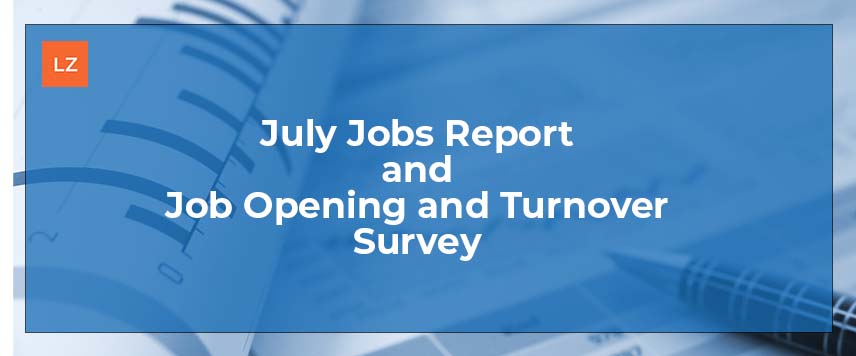From gas prices to drug trafficking to other drivers on the open road to so many more hazards and issues, truck drivers have a plethora of issues to deal with on a regular basis. However, for those not intimately acquainted with the ins and outs of the trucking industry, many are surprised to find that the difficulties associated with trucking start out before the semi even arrives to even pick up the load. How is this possible? Brokerage or brokering fraud is costing victims an estimated $500 million to $700 million a year, according to Anne Reinke, the CEO and president of the TIA, Transportation Intermediaries Association.
So, what is brokering fraud? The most common form, and the subject of today’s blog post, comes as “double brokering fraud.” This means that a broker, or a malicious entity acting as a broker, offers to ship a load for a certain amount of money, but then sells that load to another brokerage firm to carry for less money, all while pocketing the difference, if the final carrier sees a cent of the payment at all. Truckstop.com is reporting a 400% increase in complaints about double brokering fraud. With such huge estimates of how much honest carriers and brokers are losing, these fraudsters are wreaking havoc in the trucking industry with growing boldness. From creating delivery delays to making deliveries disappear entirely, much to the chagrin of carriers and shippers, to damaging what goods do arrive, double brokering scams are a widespread problem across the trucking industry.
Has Your Company Been Hit By a “Smooth Criminal”?
There are four main problems associated with double brokering fraud. The first, and the most obviously problematic, is that the shipment never gets delivered. The broker, or someone else acting as the broker, “accepts payment from a shipper for a shipment, but instead of hiring a carrier to transport the goods, they double-broker the shipment to another broker who is not able to fulfill the delivery.” The broker unable to complete the delivery will either lose track of the shipment or steal it to resell the load before it can reach its intended destination. Another issue with double brokering fraud is missed payments to carriers. When a load is brokered multiple times, the trucker that finally picks up the load will not know who originally requested the transportation of the load, and so they ask the wrong company for payment, allowing the fraudulent broker to scurry off with the shipper’s money. Without knowing who to correctly ask for payment, some carriers find that they never get paid for carrying a double brokered shipment.
The third issue with brokering fraud comes from the inflated rates that are caused by these scams. This affects almost every carrier, broker, and driver in the trucking industry. Fraudulent brokers will double broker a shipment, but in order to make a profit, they will upcharge the original shipper. Not only does this drive the price of the original shipment up, but in order to cover the potential losses, the price of shipping all loads has now increased. Finally, double brokering creates more chances for loads to be damaged while in transit. Sometimes, the broker who is re-selling the load is unable to find a quality carrier for the load; there are also instances of the fraud-committing broker allowing damaged shipments to be delivered and then disappearing to not have to pay for their errors. These losses come out of the shipper’s pocket, but they are not the only ones suffering. Freight insurer, TT Club, reports that they estimate a full 15% of claims they pay out are for brokering fraud, causing insurance rates to increase exponentially. It is easy to see that, together, all of the above mentioned problems create problems for the transportation industry.
“…Can’t build our dreams on suspicious minds…”
How do carriers and brokering firms attempt to combat double brokering fraud? Using a combination of controls and best practices, the trucking industry can attempt to stem the tide of fraud. Here are the top ways transportation specialists are fighting back against double brokering fraud.
- Clear and specific contracts: “Ensure that there is a clear contractual agreement in place that outlines the broker’s responsibilities and obligations, as well as the consequences of any breach of contract.”
- Payment verification: It is important to verify payment arrangements between the broker and the carrier to ensure that the broker is not fraudulently passing the load on to another, less qualified, shipper.
- Communication: “Maintain regular communication with the carrier and the shipper throughout the transportation process to ensure that everyone is aware of the process of the shipment and any issues that may arise.”
- Quality assurance: By implementing quality control and assurance measures, carriers can be deemed as legitimate businesses, and carriers and brokers can both ensure that goods are safely and securely transported to their intended destination.
- Due Diligence: This is the most important piece of avoiding double brokering fraud. “Conduct thorough research and background checks on potential brokers before working with them.” Do not forget to verify their license and insurance before confirming a load for pick up with them. Also, research the company’s standing within the industry and review their past performance.
Conclusion
This has been a very brief introduction into double brokering fraud. In order to stop this expensively fraudulent practice, it is important for everyone to take the time to be diligent. Shippers who don’t properly vet the brokers they use can be scammed into sending their loads via fraudulent carriers. Unfortunately, this kind of crime affects all parts of the trucking industry, and it will take the work of all segments in transportation to start to stem the tide of double brokering.
__________________________________________________________________________
Meaghan Goldberg covers recruitment and digital marketing for Lionzone. A Patterson, GA native, after graduating from both Valdosta State University and Middle Tennessee State University, Meaghan joined Lionzone in 2018 as a digital recruitment strategist before becoming the social media manager.
Resources:
https://www.rtsinc.com/articles/forecasting-trucking-market-and-industry-trends-2024
https://www.rtsinc.com/articles/freight-scams
https://truckstop.com/blog/freight-fraud/
https://www.freightwaves.com/news/essential-fraud-prevention-strategies-for-freight-brokers-carriers




